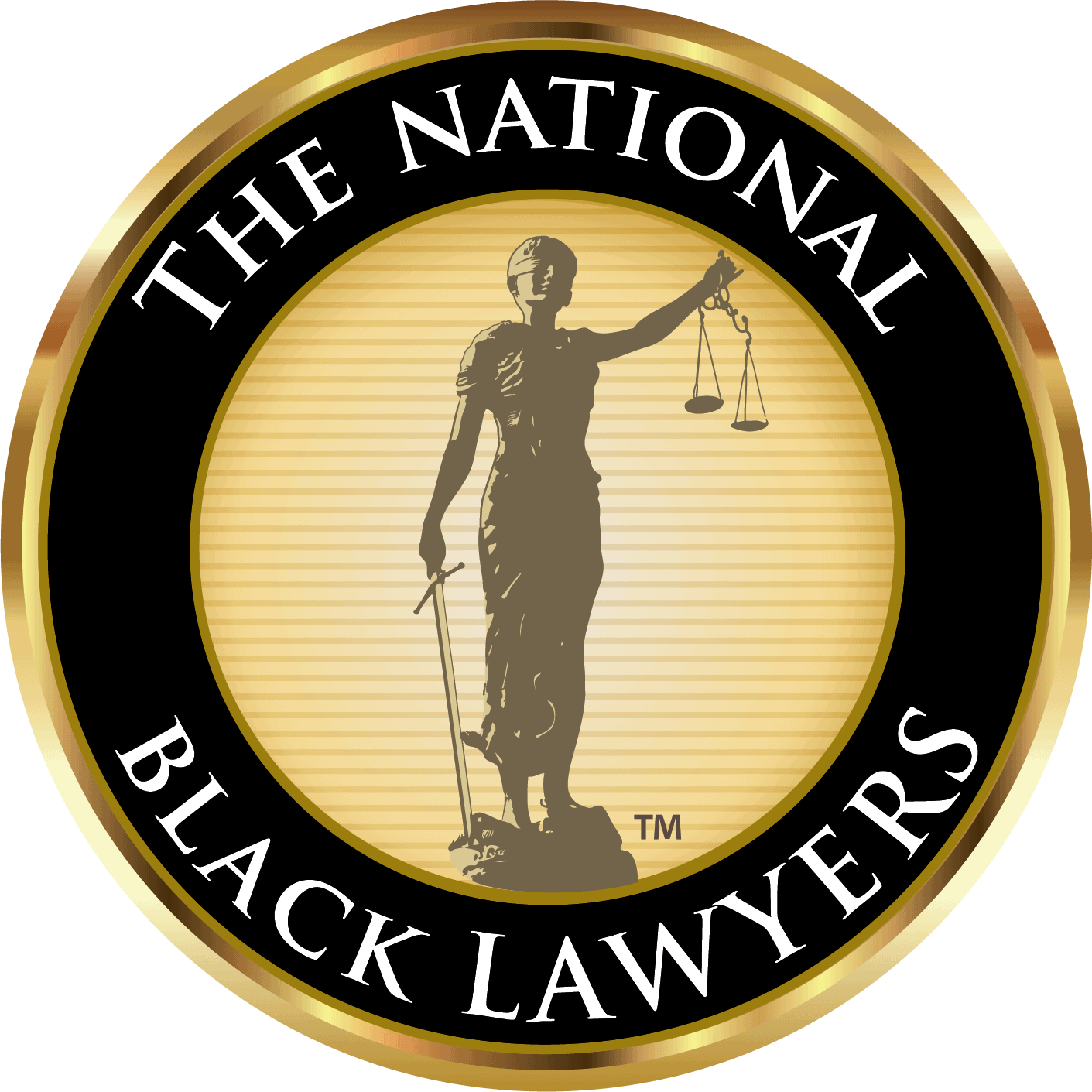
Some remember her as an activist, and some might remember her as a feminist icon. Nevertheless, Ruth Bader Ginsburg or “RBG'' will certainly forever be remembered as a champion of equal rights. She made it her life's work to make sure that no matter what you look like or who you love, you will certainly be treated as an equal in society as well as in the eyes of the law. She did this by removing gender-based stereotyping in legislation and regulations. Many consider RBG the architect of the legal fight for women’s rights in the 1970’s.
Certainly, she altered the world for the better for American women. By the time she took her seat on the Supreme Court, she had transformed the legal civil liberties of ladies that extended from their personal lives to the workplace. She came to be a symbol to modern-day females of all ages, passionately dubbing her the "Notorious RBG". As Justice Ginsburg always fervently reiterated from the Old Testament, “Justice, justice, thou shalt pursue.”
While numerous individuals know her for her time on the High court, long before this she was impacting the legal world from her work as a district judge, attorney and law professor. Born in 1933, by 1959 at 25 years old she was a clerk to a judge in the United States District Court.
· In the 60’s she was a research associate and professor at Columbia and Rutgers School of law respectively.
· In the 70’s she was general counsel for the ACLU and founded their Women’s Rights Project.
· In the 80’s she was appointed by President Jimmy Carter as judge of the US Court of Appeals for the District of Columbia Circuit.
· In the 90’s she was sworn in as Supreme Court justice filling the seat of Justice Byron White on the U.S. Supreme Court. She was the second woman on the Supreme Court. She stayed in this position for 27 years until her death.
RBG got her law degree from Columbia Law School in 1959 after attending Harvard Legislation College from 1956-1958. She was able to obtain a clerkship in the U.S. District Court for the Southern District Court of New York from 1959-1961. Motivated from being disadvantaged by her status as a woman, Ginsburg passionately campaigned for sex equality. She changed numerous lives from her work as an attorney. Before her time on the bench, Ginsburg argued six cases before the Supreme Court, and won five of these.
RBG was a pioneer of gender equal rights, working tirelessly to ensure that women were treated the same as their male equivalents in whatever context. Her battle versus sex-based discrimination began far before her duty on the Supreme Court. In her own experiences after finishing regulation school, she said that her sex was a barrier to progressing in her profession. Although Ginsburg was first in her graduating class at Columbia School of Law, she did not get a job at any of the 12 initial firms she interviewed at.
Ginsburg fought for a lot more than women’s legal rights. While she is definitely kept in mind as an icon for feminism, many of Ginsburg's lawful success were not based on sex discrimination. Ginsburg further defended disabled people, undocumented people and the LGBTQ+ community. She concentrated on expanding voting civil liberties. Also Supreme Court Justices rejected to take her as a clerk in spite of raving referrals from teachers at Harvard Law Institution. Ginsburg actually composed guide on sex discrimination, which was released 1974. When RBG initially started her legal crusade, legally, women were treated a lot differently than their male counterparts.
Ginsburg argued six landmark cases on gender equality before the U.S. Supreme Court. She utilized a gender-blind approach in her fight for women, believing that all groups of people were entitled to equal rights. Ginsburg argued Frontiero, Weinberger v. Wisenfeld, Califano v. Goldfarb, Durn v. Missouri, and Edwards v. Healy before the Supreme Court.
When Ginsburg started dealing with the American Civil Liberties Union, she started litigating sex discrimination situations. Her primary method was to gradually handle winnable situations to eventually eliminate institutionalized discrimination versus ladies with lawful criterion.
RBG represented Sally Reed in 1971 to allow her to be administrator of her child's estate opposed to her ex-husband. The court held that the state cannot instantly prefer men over women to be administrators of estates. This was the first time the court struck down a state legislation because of gender discrimination.
Ginsburg's first big case was to oppose legislation that barred Charles Moritz from taking a tax reduction for the care of his 89-year-old mother. Ginsburg's spouse called this instance the formula of asking the court to apply legislations to both sexes. The government mentioned that this choice "cast a cloud of unconstitutionality over hundreds of federal statutes. These statutes would turn out to be the statutes that Ginsburg would lobby for the government to rescind in the following years.
The court decided in this landmark case argued by Ruth Bader Ginsburg on behalf of the ACLU, that a statute that imposes requirements on women but not on similarly situated men violates the Due Process Clause of the 5th amendment. The court plurality agreed that when applying a rigorous criterion the treatment was unjustifiable. During this case, which was Ginsburg’s first oral argument before the Supreme Court, she quoted Sarah Grimke, a 19th-century abolitionist and suffrafette, stating, “I ask no favour of my sex. All I ask of our brethren is that they take their feet off our necks.” Ginsburg argued her case successfully and this case became a vital decision on the landscape of gender equality.
In this case argued by Ginsburg, the court fought for her client Mr. Wisenfeld who was a widower. The court found that gender based distinction did violate the 5th amendment’s due process clause. The court found unanimously that the function of social security is to allow the surviving spouse to effectively care for the kids, despite the moms or dad's gender.
In this situation, the court found that expectant women were treated differently from nonpregnant individuals. While the ACLU's amicus curiae alleged that expecting women were usually victims of sex discrimination, the court saw differently. Nevertheless, after this, the ACLU organization proceeded lobbying and their initiatives caused an amendment to Title VII that determined that pregnancy discrimination in the workplace is considered sex discrimination and is illegal.
With her work as an attorney battling against sex discrimination, Aryeh Neier, the executive director of the ACLU stated that Justice Ginsburg was careful to build brick upon brick to craft legal precedent promoting gender equality.
Prior to her time as a Supreme Court justice, Ginsburg was rejected from clerkship from that very court. While highly advised by her Harvard professor for the placement of clerk for the High court, the justices were not ready to hire females and refused her entry. In 1980, President Jimmy Carter selected her to the United States Court of Appeals where she served until her visit to the United States Supreme Court in 1993 by President Clinton. Ruth Bader Ginsburg formed American history through her time as a court. As a judge, Ginsburg started being called "The Great Dissenter" for her fiery dissents distinct from the opinions of her fellow justices. In talking about her dissents, Ginsburg stated, "I like to think most of my dissents will be law one day."
In 1996, Ginsburg continued her fight for gender equality under the 14th amendment. Ginsburg wrote the majority opinion, a 7-1 vote that the Virginia Military Institute can no longer be an all-male establishment. Virginia suggested not only that ladies were not fit for VMI's strenuous training, but also that a separate women only armed forces program was sufficiently equivalent. The court differed. This case developed a new standard of review for gender discrimination situations.
This court case allowed individuals with mental impairments to reside in their neighborhoods under the Title II of the Americans with Disabilities Act. (ADA) Two Georgia females were left in isolation for several years at a mental hospital following their preliminary treatments, even after being approved to relocate to a more community based setup. Ginsburg reinforced this idea by stating that "unjustified seclusion bolsters presumptions that individuals so separated are unable or not worthy of taking part in community life."
This Nebraska court case ensured that under the Fourteenth Amendment, a state cannot pass an anti-abortion legislation that does not include an exception for the health of the mother.
Lily Ledbetter filed suit against Goodyear Tire and Rubber for sex discrimination that caused unequal compensation. While the insurance claim was disallowed, Ginsburg created a dissent that the majority's judgment ran out touch with the facts of wage discrimination, missing truth significance of Title 9, and also suggested that the Legislature remedy the Court's analysis of Title 9. This dissent brought about the Lilly Ledbetter Fair Pay Act of 2009, which changed the Civil Right Act of 1964 to determine when an illegal work practice takes place regarding discrimination on the basis of sex. After the Act was passed, many related that Ginsburg understood that even if the Supreme Court majority would not offer security sought, that the judges in the minority can still persuade Congress to fix this grievance beyond the borders of the court.
The court held in this case that the restrictions mandating southern states get approval before changing voting requirements was outdated. Ginsberg dissented and claimed that “throwing out preclearance when it has worked and it continuing to work to stop discriminatory changes is like throwing away your umbrella in a rainstorm because you are not getting wet.”
Ginsburg got assistance from all the justices on this situation with her bottom line argument that prolonging marriage rights would certainly not compromise the institution of marriage. She argued that all of the incentives and benefits that marriage affords would still be available, therefore nothing was being taken away from heterosexual couples. These couples, she argued, would have the same incentives to marry and benefits from marriage that they currently have.
In 1999, after her time as a lawyer, judge and Supreme Court Justice, Ginsburg received the Thurgood Marshall Award for her contributions to equal rights and civil rights.
Ginsberg fought cancer throughout her life, and never missed out on a day of oral arguments even while she was undergoing chemotherapy. Ginsberg confirmed through this journey that she was a force to be considered.
RBG left quite the legacy when she passed away at the age of 87, September 18, 2020 from problems from metastatic pancreatic cancer. Ginsburg impacted the lives of modern-day American women through her dynamic viewpoints. As her occupation as a lawyer as well as Justice has instructed us and Ginsburg stated, "Real change, withstanding change, takes place one step at a time."
Resources:
https://www.cnn.com/2013/03/07/us/ruth-bader-ginsburg-fast-facts/index.html
https://achievement.org/achiever/ruth-bader-ginsburg/
https://www.goodhousekeeping.com/life/g34111816/ruth-bader-ginsburg-accomplishments/
https://www.history.com/topics/womens-history/ruth-bader-ginsburg
https://www.aclu.org/other/tribute-legacy-ruth-bader-ginsburg-and-wrp-staff
https://www.aclu.org/news/civil-liberties/in-memory-of-justice-ruth-bader-ginsburg-1933-2020/
